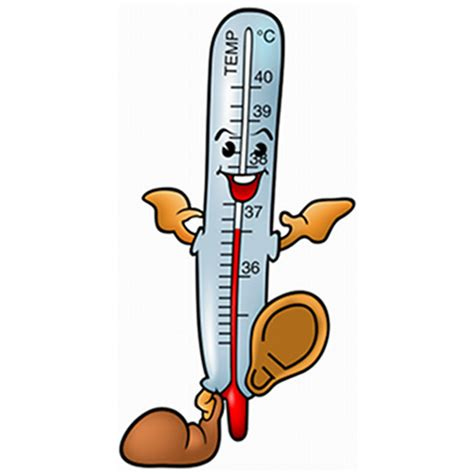“It’s cold in here,” my wife has been known to say on occasion.
I look at the thermostat. “It’s 70 degrees.”
“But it’s cold in here,” she repeats.
“It’s 70 degrees,” I repeat.
Yes, that conversation happens occasionally. I mention it here to demonstrate how different people observe reality. If my wife feels cold, then it’s cold. I, with my engineering background, default to reading the thermometer.
So, how should we see things? If a person feels cold, then isn’t that what matters? The actual temperature is irrelevant. Feeling cold means turn up the thermostat. Quite sensible, really.
But our conversations sometimes go a little farther. Jan sometimes asks, “Don’t you feel cold?”
My response is, “I feel like it’s 70 degrees.”
Well, that gets us nowhere!
The point is this: Is how we feel an absolute? Should we adjust the way we feel to how things are, or expect how things are to adjust to the way we feel? With a thermostat, the options are obvious; turn it up or not. Adjust the thermostat or adjust yourself. Not that big of a deal, really.
But what about when it is a big deal? What about when someone feels like we’re headed for an apocalypse? Then, at least, we should accurately assess the reality before jumping to any conclusions. How you feel is internal, dependent entirely on your own feelings. How things are is external, and your feelings are irrelevant. Yeah, I’d say go with assessed reality, and to hell with the feelings.
You’d like some examples, perhaps. I just happen to have a few. How do you feel about climate change? Trick question: I don’t give a crap about how you feel about climate change. I care about the reality. What is or is not happening? How accurately can it be measured? How predictable is it? Is it something that is within our control? None of those questions involves searching within yourself. None concerns ‘reaching a consensus.’ That’s as far as I’m going in this essay, but any day now I’m going to do a deep dive into climate change mythology.
So, how about another example of feelings trying to pass as facts. How do you feel about Trump? Trick question all over again. I don’t give a crap about how you feel about Trump. What matters is, did he break any law? Did he break laws to a greater extent than we all do every day? I keep being told that Trump should be in prison.
I ask the people who say that, “What law did he break?”
They don’t know, so they make stuff up. “He paid a porn star to keep quiet.”
“But that’s not illegal, and no prosecutor ever charged him in that regard.”
“Oh, well, he cheated on taxes.”
“Trump has never been prosecuted for cheating on taxes.”
“Well, those 34 felonies.”
“What did Trump actually do, such that he was charged with those felonies?”
“I don’t know, but there’s 34 of them, so you know he’s a horrible criminal.”
And so on. Facts be damned, feelings first.
How about the economy? People wanted Biden to be an effective president, so when he said the economy was fine, many people believed him. Today, a Biden buck is worth less than eighty cents of a Trump buck. We haven’t gotten raises to make up the difference. But never mind the numbers, if you feel like the economy is OK, then it’s OK, right?
How about the Department of Education. Trump’s desire to eliminate it proves that he…that he what? Hates students? Hates schools? What does wanting to eliminate the Dept of Education prove? Perhaps we should go with what Trump has actually said, which is tht the Dept of Education wastes money, bureaucratizes education, and that the cost of education keeps going up, while the quality keeps plunging. All of those statements by Trump are factually accurate. They accurately assess reality. Those who speak against his views, speak from emotion. No facts, no reason. They just feel like the DoE is a good thing, so it must be supported.
Trump is taking a weed whacker to the deep state bureaucracy. Some praise him for that, others condemn him. Never mind how you feel, what are the facts? Will what he does be good for America? Another trick question: There is not one, uniform America. What is good for some is bad for others. Rationally speaking, how can you make your case, whatever it is, to the satisfaction of those ‘other people’? Are you armed with facts, or only with feelings?
For some, facts be damned, feelings first.
Is it cold in here? Let’s check the thermometer. Or would you rather make declarations concerning how you feel, and call it reality?






Don't forget the First Commandment of Politics: Thou shalt not gore thy neighbor's ox, if by so doing thou make paupers of his in-laws or friends.
In other words, "we don't need no stinking evidence!"
I think the real question is whether climate change justifies nuking China and India.